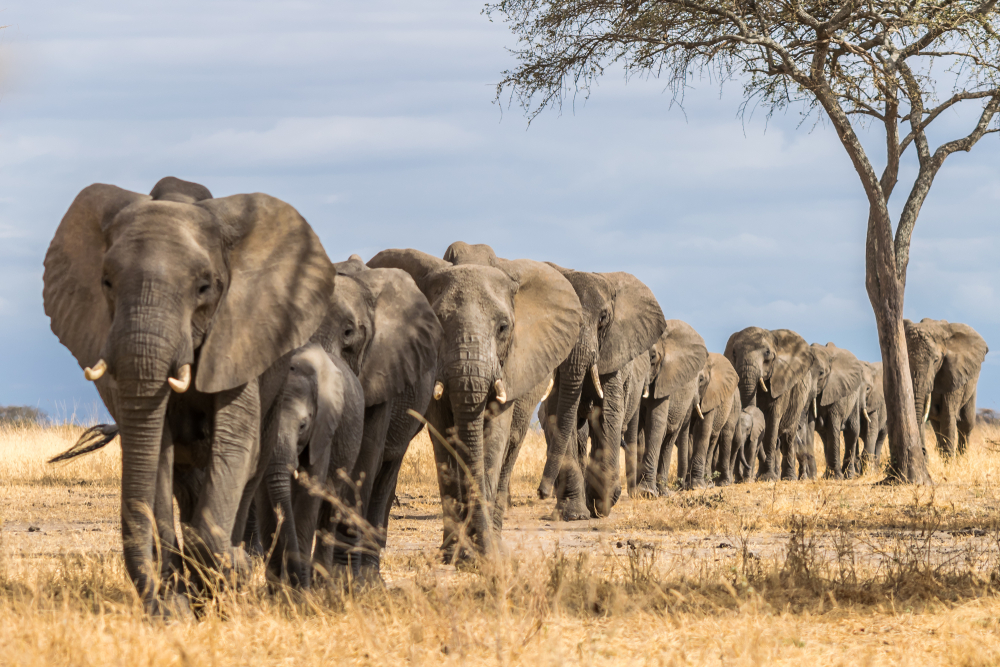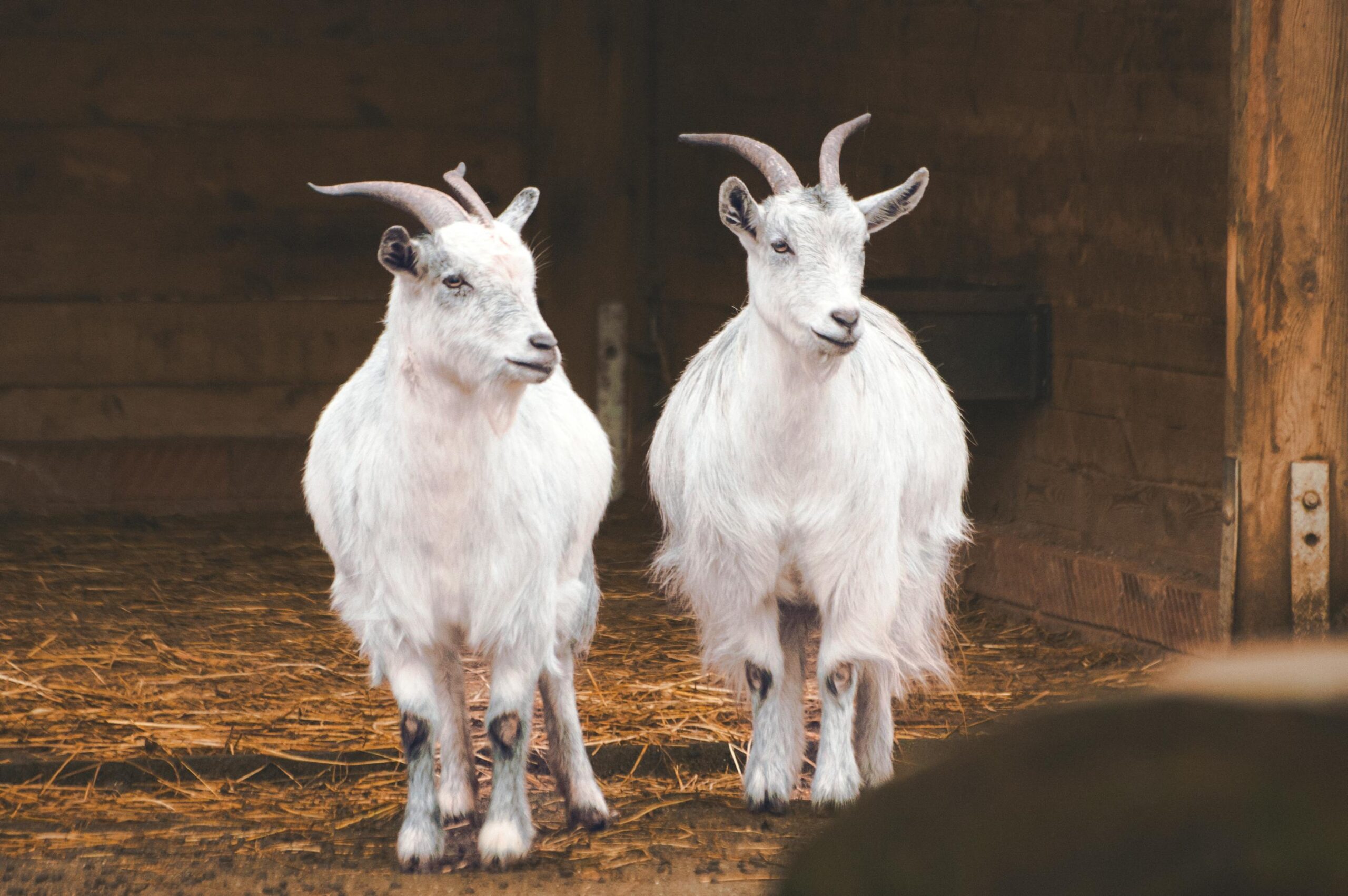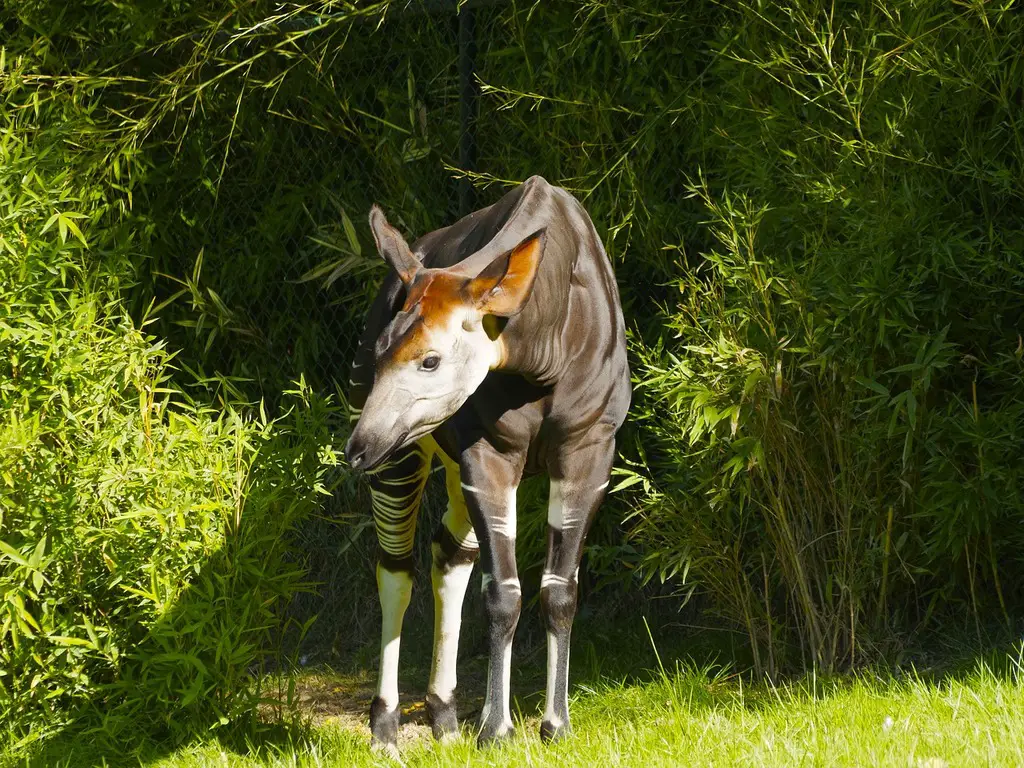It can feel like the gut-punch of the century—a breakup that leaves you reeling, like some kind of pack animal shunned from its community. The parallels between a romantic split and the social exile experienced by animals in the wild are surprisingly stark. You’re left standing alone, questioning your worth, trying to reconcile a new identity, much like an animal trying to survive without its tribe. But why does it hurt so deeply, like a primal wound? Here’s why your breakup might feel like being banished from your clan.
1. You Lose Your Social Identity

In any relationship, you become part of a unit, much like pack animals that thrive on social structures. Your identity becomes entwined with that of your partner, creating a shared narrative. When the relationship ends, it’s not just the person you lose but that joint identity. Dr. Helen Fisher, a biological anthropologist, notes that humans are wired for connection, and losing that bond can trigger profound feelings of dislocation.
You start to question who you are without that “we” to anchor you. Your social world might shift, and friendships that were once shared might become awkwardly divided. There’s a raw vulnerability in feeling like an outsider to a group you were intimately involved with. Like a lone wolf, you might find yourself metaphorically howling in the night, searching for a new sense of belonging.
2. You Experience Emotional Displacement

Emotional connections in a relationship are like the sinews that hold everything together; they define your place in someone else’s life. When these are abruptly severed, you’re left with a gap that feels almost impossible to fill. You might catch yourself reaching out in reflex, only to remember that the familiar presence is no longer there. It’s a cold, raw absence that leaves you disoriented and aching.
This emotional displacement can make you question your stability and emotional resilience. We often underestimate the comfort of familiarity until it’s gone, leaving us feeling like strangers in our own lives. The routine exchanges, the shared laughter, even the mundane tasks—all those threads intricately woven into daily life—are now loose ends. The process of re-weaving these into something new is daunting, to say the least.
3. You’re Hardwired For Love And Connection

Humans, like pack animals, are inherently social creatures. Our brains are hardwired to seek connection and community, making solitude feel like a threat to our equilibrium. After a breakup, the instinctive pull towards loneliness is visceral, tapping into deep-seated fears of rejection and abandonment. Research by psychologist John Cacioppo highlights how loneliness can have tangible effects on our mental and physical health.
This loneliness isn’t just an emotional state; it’s a physiological response. Your body feels the absence, not just your heart. It’s as if the absence of that other person disrupts your body’s homeostasis, leaving you feeling restless and unsettled. The struggle becomes not just about finding someone new, but about establishing peace and comfort within your own solitude.
4. You’re Haunted By Spaces You Can’t Return To

The spaces you once shared with your partner become haunted echoes of what once was. Every corner holds a memory, a whispered conversation, a shared laugh. These spaces, once filled with the energy of togetherness, now seem achingly empty. The echoes serve as a constant reminder of the absence, making it hard to escape the past.
You might find yourself avoiding these once-treasured places to stave off the flood of memories. Or perhaps you linger, clinging to the remnants of what once was, hoping to find some semblance of comfort. This emotional baggage makes moving forward feel like an insurmountable task. It’s a process of reclaiming these spaces for yourself, a gradual redefinition that takes time and courage.
5. Your Life Narrative Crumbles

In relationships, you build a shared story with your partner, a mutual narrative that becomes part of your personal history. Breakups force an immediate rewrite, leaving you struggling to find your footing in a story that’s now yours alone. Clinical psychologist Dr. Guy Winch points out that this narrative disruption can lead to an identity crisis, as you attempt to reconcile who you were with who you are becoming.
The loss of your partner means you must reimagine a future without the plans and dreams you once shared. This shift can feel disorienting, leaving you questioning your choices and direction. The process of rewriting your narrative requires introspection and resilience. It’s an opportunity to redefine who you are, even if it feels like an overwhelming task at first.
6. You Feel The Effects Of Physical Withdrawal

Your body has acclimated to the presence of another, responding to their touch, their proximity, their scent. The absence of these physical cues can trigger a withdrawal akin to losing a lifeline. You might find yourself craving the comfort of another’s touch, a reminder that you’re part of something larger than yourself. It’s not just a psychological craving; your body physically misses the presence of another.
This absence can feel like a sudden coldness, an unexpected barrenness that leaves you searching for warmth. It’s a visceral reminder of what you’ve lost and a challenge to find new sources of comfort. Embracing self-care and nurturing your own well-being becomes crucial during this time. It’s about learning to find solace and strength in your own embrace.
7. You’re Forced To Navigate Life’s Jungle Alone

In a relationship, burdens feel lighter when shared, much like pack animals who work together to overcome obstacles. A breakup shifts the weight squarely onto your shoulders, leaving you to grapple with life’s challenges alone. According to a study published in the Journal of Social and Personal Relationships, sharing everyday stresses with a partner can significantly reduce their impact, underscoring the felt burden of going it alone.
This newfound independence can feel both liberating and daunting. The lack of a sounding board or a partner to share the load can intensify feelings of isolation. You’re forced to rely on your own strength and resourcefulness, which can be empowering but also overwhelming. It’s a journey of self-discovery, as you learn to navigate life with newfound independence.
8. You Measure Everyone Against A Ghost

After a breakup, you’re left with a ghost—an ever-present specter of comparison. You measure every new encounter against the shadow of what was, an unfair yardstick that often leaves you unsatisfied. This haunting comparison can prevent you from fully embracing new experiences. You find yourself stuck in a loop of nostalgia, idealizing the past while doubting the present.
It’s a mental trap that can hinder your ability to move forward. While it’s natural to compare, allowing these comparisons to dictate your experiences can be limiting. It’s about recognizing the uniqueness of each new encounter, allowing them to stand on their own. Breaking free from this specter requires mindfulness and a conscious effort to stay present in the now.
9. Your Fear Of Vulnerability Kicks In

With the end of a relationship comes an inevitable exposure of your vulnerabilities. The emotional guard you once lowered with your partner is now back up, fortified by the fear of being hurt again. This fear can isolate you, preventing you from opening up to new possibilities or connections. The armor you wear to protect yourself can also become a barrier to healing and growth.
Vulnerability is a double-edged sword—it’s both terrifying and essential for meaningful connection. The challenge lies in finding the courage to embrace vulnerability again. It’s a gradual process, one that requires trust in yourself and others. The reward is the potential for deeper, more authentic connections that foster healing and resilience.
10. You Have So Many Unresolved Emotions

Closure is a sought-after balm for a broken heart, yet it’s often elusive. The end of a relationship doesn’t always come with a neat bow or a satisfying conclusion. You’re left with unanswered questions and unresolved emotions, a puzzle without clear pieces. This lack of closure can leave you feeling stuck, mired in the past, unable to move forward.
The search for closure is personal and complex. It requires introspection and acceptance of the unknown. It’s about finding peace in the ambiguity and allowing yourself the grace to heal without all the answers. Over time, closure can emerge not as a definitive end, but as a quiet understanding that life, in all its messiness, goes on.
11. You Struggle To Build Trust In Yourself

A breakup can shatter your trust not just in others but in yourself. You start questioning your judgment, your choices, your ability to discern what’s right for you. This erosion of self-trust can be one of the most challenging aspects of healing. It’s about rebuilding confidence in your instincts and learning to trust your own narrative once again.
This process is both daunting and empowering. It requires patience and self-compassion as you navigate new territory. Trusting yourself means listening to your inner voice and honoring your own needs and desires. It’s a journey of self-discovery and empowerment, one that ultimately leads to a stronger sense of self.
12. Your Hope For The Future Is Shattered

In the aftermath of a breakup, hope can feel like a distant, fragile thing. The future you envisioned is shattered, leaving you to pick up the pieces and forge a new path. Finding hope in uncertainty is a challenge, but it’s also an opportunity for growth. Hope requires resilience and the belief in the possibility of new beginnings.
Cultivating hope means embracing the unknown with courage and optimism. It’s about allowing yourself to dream again, even if those dreams look different than before. The challenge lies in trusting that the future holds potential for joy and fulfillment. With time and effort, hope can become a guiding light, illuminating the path forward.
13. You Embark On A Solo Journey Searching For Home

Ultimately, a breakup is an invitation to rediscover and accept yourself in all your complexity. It’s about embracing your strengths and acknowledging your weaknesses, finding beauty in your imperfections. This journey to self-acceptance is transformative, offering the chance to redefine who you are on your own terms.
Self-acceptance requires vulnerability and honesty, a willingness to confront the parts of yourself you’ve avoided. It’s about cultivating a relationship with yourself that’s rooted in love and compassion. This journey is ongoing, a continuous process of growth and self-discovery. In the end, it’s the most rewarding journey of all, leading to a deeper understanding and appreciation of who you truly are.
